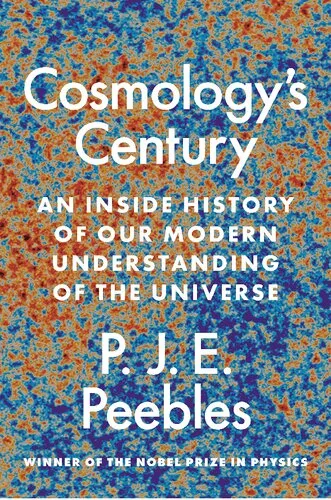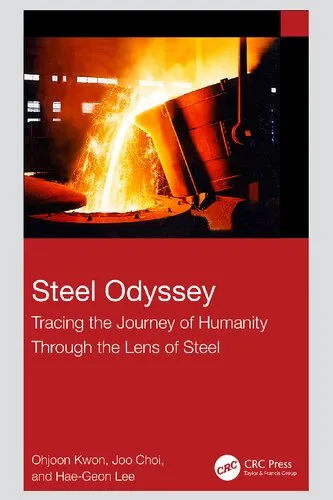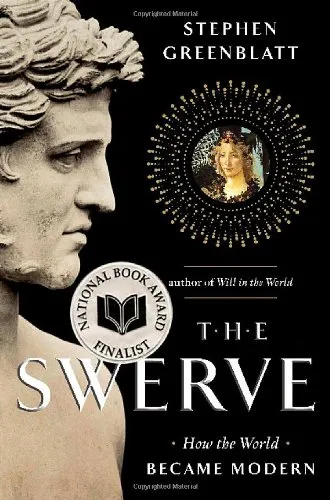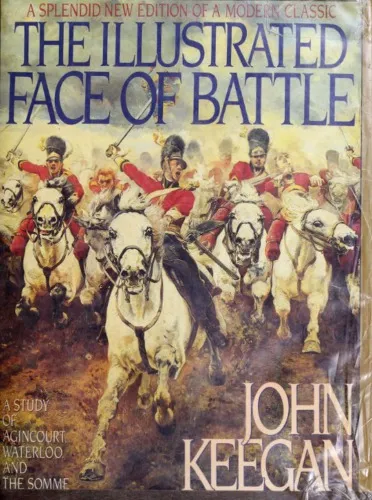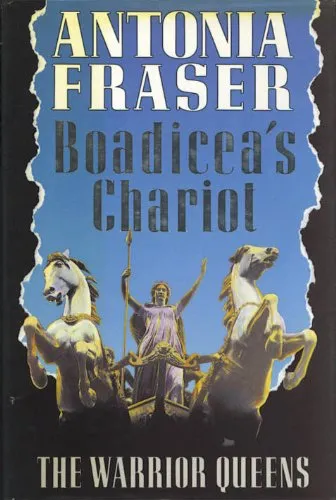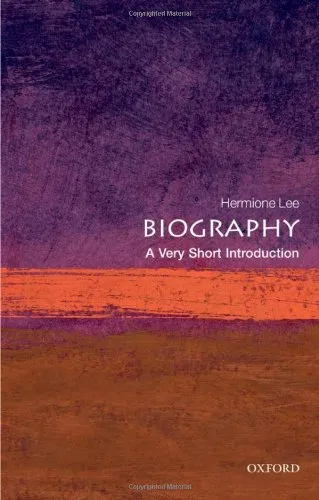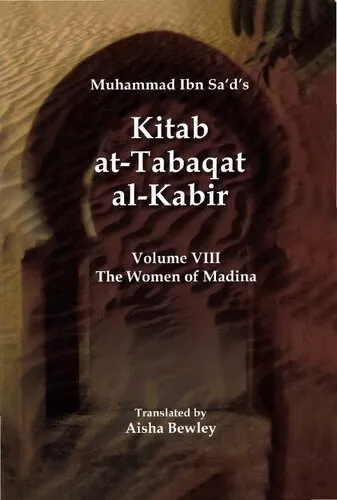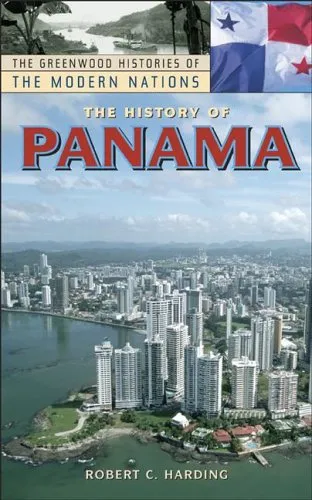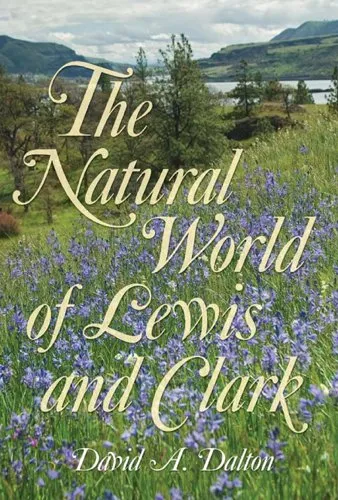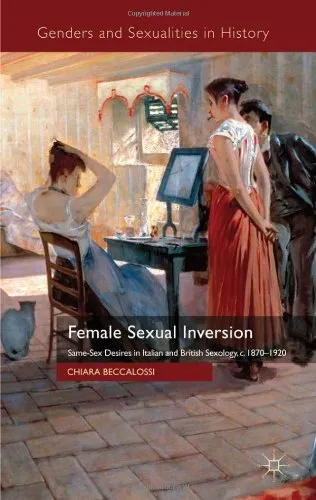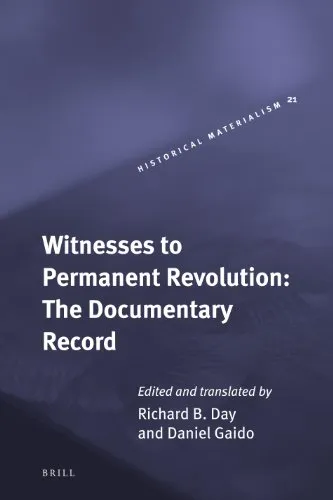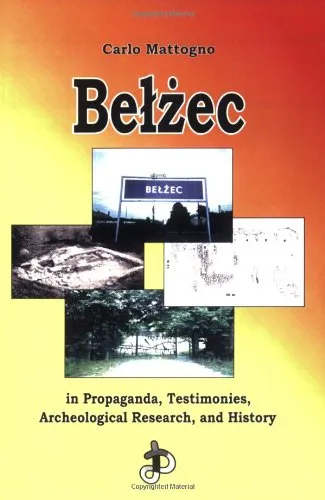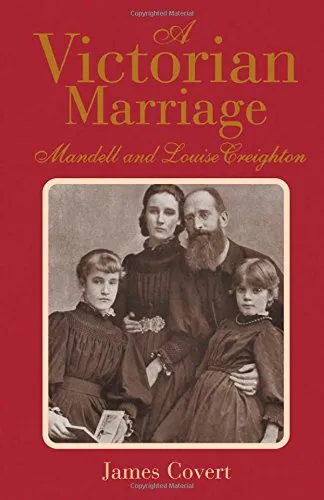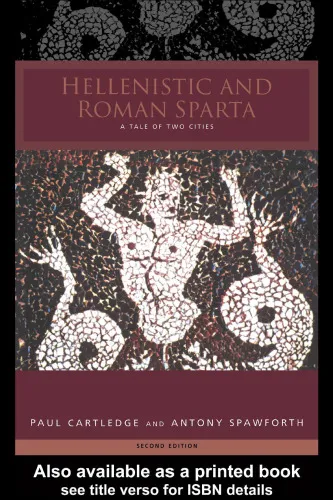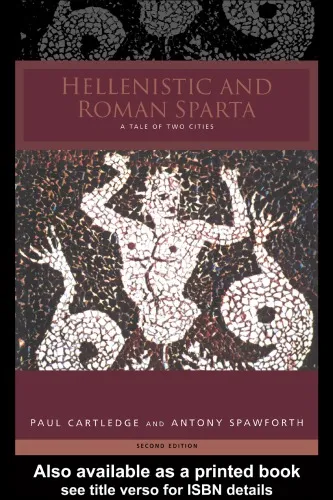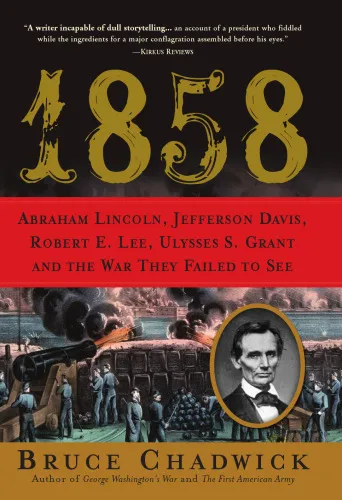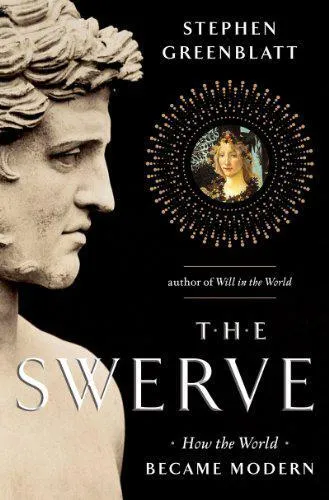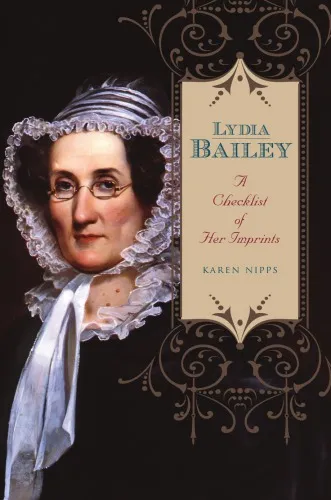The Antiquaries Journal
4.8
Reviews from our users

You Can Ask your questions from this book's AI after Login
Each download or ask from book AI costs 2 points. To earn more free points, please visit the Points Guide Page and complete some valuable actions.Related Refrences:
Analytical Summary
The The Antiquaries Journalpp.118—140 offers a meticulously detailed exploration into aspects of antiquarian research and heritage interpretation, making it an indispensable reference for historians, archaeologists, and cultural scholars alike. This segment of the journal, authored by Frederick Hepburn, represents a focused examination of a specific theme within the broader landscape of historical scholarship, aligning with the traditions of rigorous academic inquiry.
While information about its exact publication year is unavailable due to the absence of reliable public sources, the value of the work lies in its methodological clarity and the thoughtful synthesis of primary and secondary materials. Readers will discover a blend of narrative analysis and empirical evidence, structured to provide a coherent view of an intricate subject matter. The concise yet comprehensive form aids specialists in connecting broader theoretical frameworks with detailed case studies.
Through careful engagement with both archival documents and material culture, Hepburn demonstrates the enduring relevance of antiquarian approaches while acknowledging the necessity of adapting methods to modern scholarly contexts. The writing maintains a balance of accessibility and intellectual depth, which is essential for bridging the gap between academic research and wider cultural discourse.
Key Takeaways
Key insights from The Antiquaries Journalpp.118—140 encompass methodological rigor, thematic depth, and an unwavering commitment to historical veracity. These takeaways resonate deeply with professionals seeking both scholarly precision and conceptual enrichment.
First, the importance of interdisciplinary perspectives becomes clear, as the text draws from archaeology, art history, and historiography to form a comprehensive narrative. Second, the piece reinforces the necessity for critical examination of sources, ensuring that interpretations are grounded in documented evidence. Third, the journal segment underscores heritage conservation as an intellectual as well as practical endeavor, urging readers to recognize cultural artifacts as living components of modern identity. Lastly, the writing encourages reflection on the evolution of antiquarianism itself, prompting scholars to evaluate its current relevance.
Memorable Quotes
“The pursuit of antiquarian knowledge is not merely the collection of relics but the ethical stewardship of cultural memory.”Unknown
“Each artifact tells a story, yet it is the scholar who must weave these narratives into the fabric of informed history.”Unknown
“To study the past is to confront the present; antiquarian research bridges centuries in a single thoughtful moment.”Unknown
Why This Book Matters
The relevance of The Antiquaries Journalpp.118—140 lies in its ability to function as a link between historical detail and modern scholarly discourse, demonstrating how precise research can inform culturally significant interpretations.
It serves as a benchmark for serious academics navigating the complexities of antiquarian research. By emphasizing primary documentation and cross-disciplinary analysis, it cultivates a deeper understanding of heritage, not simply as a static collection but as an evolving dialogue between past and present. Furthermore, the work’s dedication to methodological integrity makes it a teaching resource for those entrusted with advancing historical literacy.
Inspiring Conclusion
In revisiting The Antiquaries Journalpp.118—140, readers are invited to look beyond the mere documentation of history and delve into the profound narratives that shape our cultural heritage.
Its role as a scholarly touchstone stems from an unwavering respect for sources and a commitment to ethical inquiry, hallmarks that echo through the fields of archaeology, heritage conservation, and academic history. By engaging with this work, scholars and professionals have an opportunity not only to extend their expertise but also to contribute meaningfully to the preservation of collective memory. Whether you choose to read, share, or discuss its findings, this text offers a solid platform for informed debate and future research.
Free Direct Download
You Can Download this book after Login
Accessing books through legal platforms and public libraries not only supports the rights of authors and publishers but also contributes to the sustainability of reading culture. Before downloading, please take a moment to consider these options.
Find this book on other platforms:
WorldCat helps you find books in libraries worldwide.
See ratings, reviews, and discussions on Goodreads.
Find and buy rare or used books on AbeBooks.


